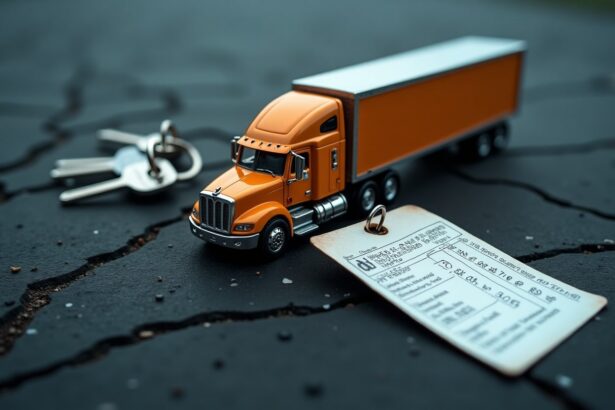Introduction Indian Railways’ New Rules on Carrying Liquor and how much alcohol you can carry in train
Indian Railways is a well-liked means of transportation in India and is sometimes referred to as the lifeline of the nation. Passengers are required to abide by specific norms and restrictions that come with popularity. Fines or other penalties may be imposed for breaking these restrictions. One example where regulations apply is bringing alcohol on trains.
There is important news for railway passengers. You must abide by several laws during this period if you are traveling by rail as well. It is frequently seen that some individuals board trains after consuming alcohol. or sometimes, people will drink alcohol while riding the train. Let us explain the guidelines for bringing alcohol on trains. Is drinking permitted on trains?
State-Specific Regulations
Depending on the state you’re going through, there are different restrictions on bringing alcohol on trains. The Indian constitution gives each state the right to enact its own alcohol regulations, and several governments have decided to do so. Alcohol use and all associated activities are forbidden in several states.
The legality of bringing alcohol onto a train depends on the state you are visiting, because every state has different liquor laws. A constitutional exception has been made so that you are allowed to set your own guidelines for alcohol use.
Carrying Liquor is Legal While Traveling Across the States?
Any kind of transportation, including buses, trains, and metros, is prohibited when moving alcohol across states. The Railways would take stern action against any passenger discovered to be bringing alcohol aboard the train. There is no way to carry alcohol from one state to another via rail, subway, or bus. Deepak Kumar, the Northern Railway’s Chief Public Relations Officer (CPRO), stated that it is strictly forbidden to bring alcohol on trains. The Railways take strong action against any passenger who consumes alcohol while riding the train.
Is there any Imposition of Fines or Penalty?
Passengers who are discovered to be bringing alcohol on trains will be subject to punishment under Section 165 of the Indian Railway Act 1989. Additionally, a passenger may be fined Rs 500 if they are found to be in possession of any other illegal object. The passenger will also be held liable for covering any damage that the forbidden item causes.
The Dry States
The only states in India with complete prohibition are Bihar and Gujarat. In these states, anyone found with alcohol may suffer serious repercussions. The Railways have the right to charge a fee even if the alcohol bottle is proven to be open. Carrying alcohol aboard a train that is moving between states may also be deemed tax evasion, in which case the offender will be turned over to the Government Railway Police (GRP), who will take further action in accordance with state Excise Department regulations.
Conclusion
The transportation of alcohol aboard trains is subject to tight regulations by Indian Railways. To prevent any penalties or legal repercussions, it is crucial for passengers to be aware of these regulations and to abide by them. Always remember that having a fun and safe rail ride requires careful drinking.
FAQs: Indian Railways’ New Rules on Carrying Liquor
Can I carry alcohol to Gujarat in train?
No, you are not permitted to take spirits on trains. Furthermore, because you are heading to a dry state, I recommend that you do not bring any spirits with you. You can obtain a liquor permit by presenting a valid ticket and an ID card from another state. You can also purchase spirits from licenced stores.
Can I carry a bottle of whisky in train?
Carrying alcoholic beverages aboard trains, sealed or unsealed, is not permitted in India. In fact, it is not permissible in any mode of transportation, whether public or private. This is due to revenue losses for the state. The exemption is when travelling through India when returning from overseas.
Can I carry alcohol to Gujarat in train?
No, This is strictly not allowed in Bihar.
Contributed by Sanal Pillai
Edited by Imtiaz Ullah




